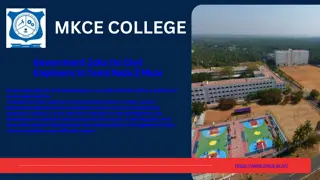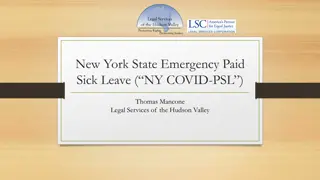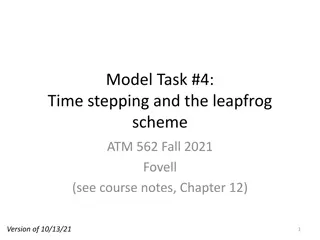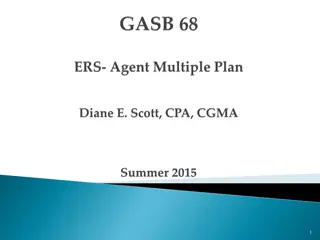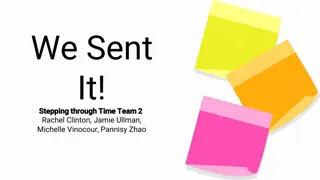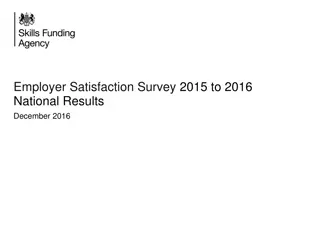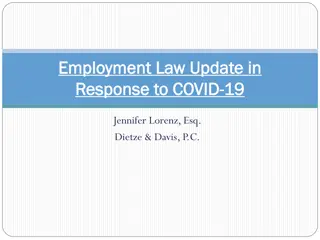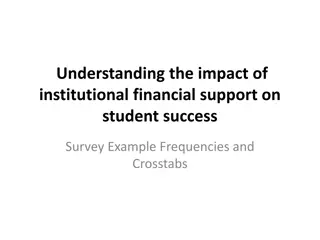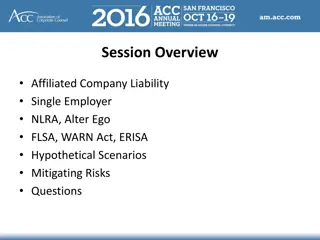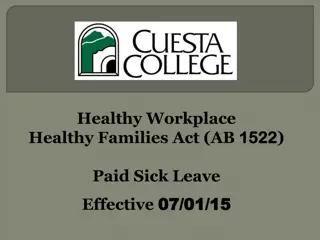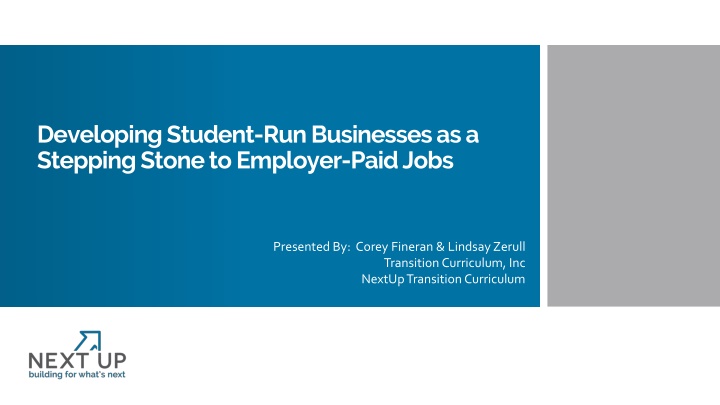
Student-Run Businesses: A Path to Employment Success
Explore the concept of student-run businesses within educational settings, offering practical insights on creating opportunities for students to develop essential transition skills for future employment. Discover the benefits, products/services, research insights, setup guidance, and strategies to engage stakeholders effectively for successful initiatives.
Download Presentation

Please find below an Image/Link to download the presentation.
The content on the website is provided AS IS for your information and personal use only. It may not be sold, licensed, or shared on other websites without obtaining consent from the author. If you encounter any issues during the download, it is possible that the publisher has removed the file from their server.
You are allowed to download the files provided on this website for personal or commercial use, subject to the condition that they are used lawfully. All files are the property of their respective owners.
The content on the website is provided AS IS for your information and personal use only. It may not be sold, licensed, or shared on other websites without obtaining consent from the author.
E N D
Presentation Transcript
Developing Student-Run Businesses as a Stepping Stone to Employer-Paid Jobs Presented By: Corey Fineran & Lindsay Zerull Transition Curriculum, Inc NextUp Transition Curriculum
What is a student-run business? A micro-enterprise within the school building or classroom that provides an entrepreneurial experience for students developing transition skills needed for post-secondary employment and living. Why should schools create this opportunity for students? Increases labor force participation Enhancement of students understanding and engagement. Skill development (soft skills, hard skills, communication, self-determination)
Products Services Themed Clothing Recycling Coffee Shop Copying Examples of Student-Run Businesses Food Items Cleaning/Laundering Greeting Cards School Events Handmade Products Agriculture (Flowers or Plants) Digital Products
Research business ideas Identify the target market Determine the internal strengths/weaknesses and the external opportunities and threats Evaluate Determine start-up costs Evaluate students ability and determine supports Analyze environmental and location factors NextUp Student-Run Business Set-Up
Sample SWOT Analysis
Gain key support by engaging students, parents, staff, administrators, and the community Student involvement in all areas is crucial Fundraising efforts, pitching ideas to stakeholders Support Highlight how this will benefit the students, staff, school, and community Opportunity to build relationships with local businesses for future job development
Name & Logo Identifies sales tactics Encourages collaboration, leadership, and critical thinking Business Mission Develops a shared vision Helps students set meaningful goals Business Plan Pricing Builds financial literacy Helps determine profit utilization Business Mission Develops a shared vision Helps students set meaningful goals Roles & Responsibilities Promotes identifying workplace strengths Encourages teamwork Promotion Develops real-world marketing and communication skills
Assign Roles for Efficiency & Growth Helps students understand responsibilities and expectations Create Job Descriptions Define roles clearly and precisely Provides real-world pre-employment experience Determine Roles Application & Interview Process Students review job descriptions and apply for positions Include administrators, business leaders, or community members Simulating Workplace Procedures Complete new-hire paperwork (tax forms, employment agreements) Sign workplace rules just like a real job
Marketing Strategies Flyers, posters, email promotions, newsletters, and school announcements. Partner with student-run social media teams Collaboration Opportunities Work with students outside of transition/special education programs Market Leveraging Local Media Radio and TV stations love positive community stories Great for showcasing student skills and workforce preparation
Academic and Career Readiness Integration Align with academic learning standards Create opportunities to support financial literacy, business etiquette, and pre-employment skills Assessing Student and Business Success Gather consumer feedback Utilize employee evaluations Integrate annual IEP goals Encourage self-evaluation and goal-tracking Teaching Opportunities Data Collection & Long-Term Impact Leverage post-school outcomes Utilize tracking systems for hours, tasks, inventory, and sales
Thank you for attending! Corey Fineran - corey.fineran@transitioncurriculum.com Lindsay Zerull lindsay.zerull@transitioncurriculum.com TransitionCurriculum.com/conference


